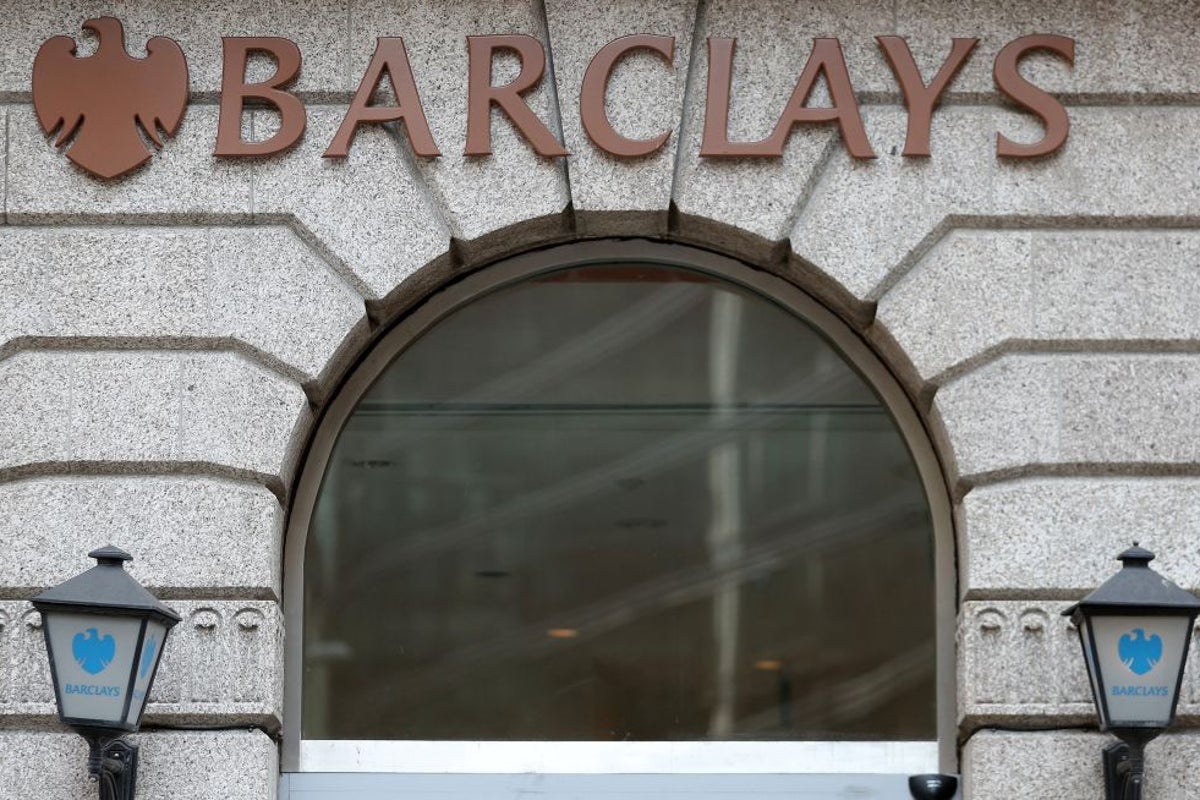Mortgage lenders should feel confidence about putting more products back on the market following Prime Minister Liz Truss’s sacking of Kwasi Kwarteng as Chancellor and tax U-turn, according to a housing market expert.
Lawrence Bowles, director of research at Savills, said that while the housing market will still need to adjust to a higher interest rate environment, some downward pressure on house sales and prices will be tempered.
He said long-term gilt yields had already fallen on the back of rumours that the Government would be backing down on some tax cuts.
He said: “Confirmation, as well as news of (Mr Kwarteng’s) dismissal as Chancellor, should help to push yields down further, allowing the Bank of England to slow its pace of monetary tightening and easing pressure on mortgage costs.
“And with more breathing room, lenders should feel the confidence to put more products back out to the market.
“As a result, we believe that some of the existing downward pressure on house prices and transactions will be tempered.
“That said, the market will still need to adjust to the current higher interest rate environment, though perhaps not at such an amplified level.”
The choice of mortgage deals contracted sharply following the mini-budget, as lenders pulled products amid economic volatility.
Lenders have gradually been bringing deals back but rates have increased, making mortgages significantly more expensive.
There are two things you really don’t want to mess with as a prime minister and chancellor – people’s mortgages and people’s pensions
Tom Selby, AJ Bell
On Friday, financial information website Moneyfacts.co.uk counted 3,112 mortgage products available, compared with 3,961 on the day of the mini-budget.
The average two and five-year fixed mortgage rates on the market are at their highest levels since 2008, standing at 6.47% and 6.29% respectively.
Tom Selby, head of retirement policy at AJ Bell, said: “There are two things you really don’t want to mess with as a prime minister and chancellor – people’s mortgages and people’s pensions.
“In the space of little more than two weeks, Liz Truss and Kwasi Kwarteng have poured fuel on the fire of the mortgage market – with people’s monthly repayments going up by hundreds of pounds – and made people worry their pensions were at risk.
“In reality, of course, people’s pensions were always safe, but perception counts for a lot.”
He added: “Repairing trust and confidence in retirement saving will be a huge job on the back of this period of high uncertainty.”
Ms Truss reversed a key policy to scrap the planned rise in corporation tax from 19% to 25%, saying: “It is clear that parts of our mini-budget went further and faster than markets were expecting.”
Timothy Douglas, head of policy and campaigns at estate and lettings agent body Propertymark, said: “Reflecting on the recent announcement that Jeremy Hunt has now entered his new position as Chancellor, we would firstly like to welcome him into his role but secondly ask that he works with us to tackle issues faced across the housing sector.
“The ex-chancellor, (Mr) Kwarteng’s introduction of the recent review to stamp duty was welcomed and will help to bring people’s budgets in line with rising house prices.
“It is disappointing however to see a U-turn on keeping corporation tax low announced today which will mean that next year’s rises will see agencies and company landlords tighten their belts whilst facing other growing costs.”











:max_bytes(150000):strip_icc()/Health-GettyImages-1190344849-fa128f3151504835963cac1e35b1df27.jpg)


